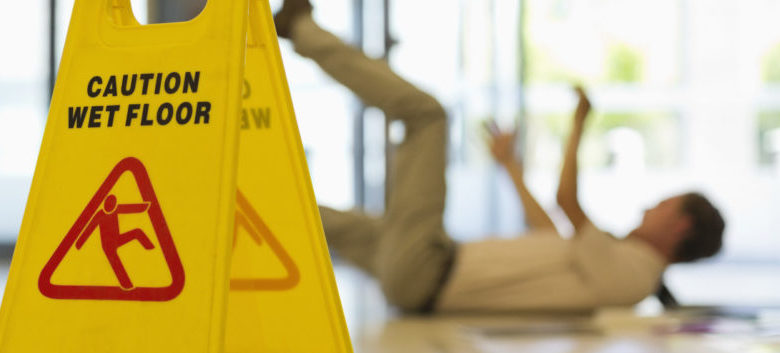Category:

- February 26, 2020
Introduction to Workplace Accidents
Have you been involved in a workplace accident? There are many different injuries that can occur in the workplace. From construction accidents, to repetitive strain injury, to industrial diseases, the scenarios vary dramatically. If the injury occurred through no fault of your own, it is highly likely that you will be entitled to compensation.
However, you need to ensure you approach the claim process in the correct manner, as you don’t want tensions to arise between yourself and your current employer.
Before proceeding with your personal injury claim you need to be certain of your employer’s liability. It is your employer’s responsibility to protect you and inform you of all the health and safety issues that impact you in the workplace. This is the law under the Management of Health and Safety at Work Regulations 1999.
There are then specific acts for different industries. For example, a reputable company providing earthquake retrofitting services will ensure that all employees receive the right Personal Protective Equipment (PPE) and that they have received training on the correct practices to follow. They will have also carried out a risk assessment on the site, too.
If you are to make a claim against your employer, you need to prove they are responsible. For example, if you have recently been diagnosed with industrial deafness because you have worked in a noisy environment, you need to show that your employer has failed to take the necessary safety precautions – such as failing to provide you with substantial protective equipment. You also have to be professionally diagnosed with the illness as well.
One of the most important things you need to do is ensure the injury is recorded in your employer’s accident book. All employers are required to have an accident book by law and all injuries must be recorded in here, even minor ones. Moreover, your employer has a responsibility to report the accident to the Health and Safety Executive at your local authority. This is law due to RIDDOR, which is the Reporting of Injuries, Diseases and Dangerous Occurrences Regulations.
Therefore, it is vital to inform your employer or your safety representative of the injury, and make sure it has been recorded in the accident book and reported to the Health and Safety department. Failure to do so is likely to result in friction down the line and the last thing you want is for the situation to cause issues with your employer. After this, check your contract or written statement to discover information regarding accident pay or sick pay, to find out what you are entitled to.
Of course, a lot of people worry about making a claim against their employer, as they fear their job will be in jeopardy. You won’t be sacked for making a personal injury claim against your employer. After all, you will have grounds for unfair dismissal, and thus your employer would land himself or herself in further trouble. Yet, it is important to handle the process properly for a quick and easy resolve. If you follow the steps that have been provided you should have nothing to worry about.
You would be shocked to discover the number of people that have been entitled to compensation but never received the money they deserve. This is not because their claim was not a success – it is because they didn’t make one to begin with. A lot of people do not realize they are entitled to compensation, which is why they don’t use the services of accident lawyers to claim.
One of the main reasons why this is the case is because the term ‘personal injury’ is so general. We often hear about slips and trips when we turn on the television and see adverts for personal injuries. This can cause people to think that this is the only sort of accident that results out in a payout, but that certainly isn’t the case. To illustrate this in further detail, the following is only a handful of scenarios that can lead to a successful compensation case.
- Cycling accidents
- Injuries from poor health and safety in the workplace
- Industrial deafness
- Vibration white finger
- Hit and runs
- Passenger accidents
- Motorcycle accidents
- Construction accidents
- Repetitive strain injury
- Car crashes
- Slips, trips, and falls
- Food poisoning
- Holiday accidents
- Injuries from faulty products
- … And much, much more
The type of incident is not the main concern when it comes to determining whether you have the basis for a personal injury case. Instead, you need to be able to show that someone else is responsible for your suffering. If you can do this, there is a very high chance that you will be able to secure compensation.

